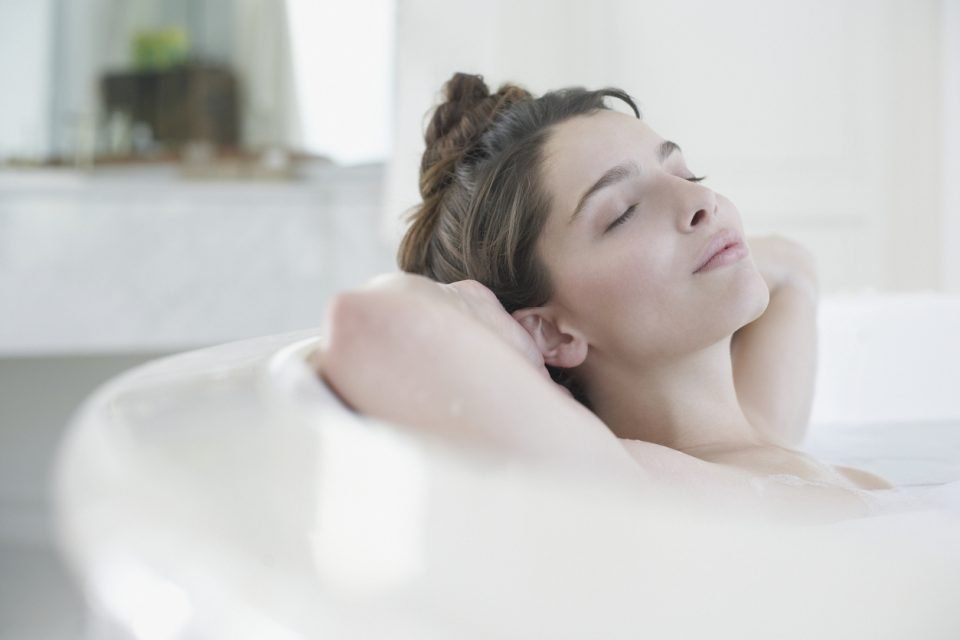
By Callie McGovern | Contributor
As we embark on another year of uncertainty, our collective mental health and well-being continues to be challenged. While it may feel like anxiety has become our default state, many are eager to embrace 2022 with a focus on being healthier, happier, and less stressed.
It is essential to prioritize our mental health, especially now. Here are some strategies to help manage stress in the coming year:
Prioritize Fun and Enjoyment:
Life can often seem like a series of obligations and duties. This year, make a conscious effort to incorporate fun into your life. Begin by examining your week and scheduling enjoyable activities for yourself or with a friend, such as a regular outing for drinks. Additionally, consider events that require more planning, like a vacation, staycation, or attending a play or concert.
If you’ve been overly focused on work and responsibilities, shift some attention towards the joy in your daily life by making plans you can anticipate.
Get Outside Every Day:
This year, prioritize spending time outdoors daily. This might be difficult, especially for those working from home who might lack motivation to leave their space. Stepping outside, even for a brief moment, can be refreshing. If you live in an urban area, take advantage of local parks and consider planning day trips to nearby natural settings, as nature can be rejuvenating.
Limit Time on Social Media:
Social media can be addictive and detrimental to our mental health. In 2022, assess your social media habits honestly. Reflect on how much time you spend on these platforms and their impact on you. Establish boundaries for when, where, and how long you engage with social media. Also, consider your content consumption habits. Instead of always listening to music or podcasts during your commutes, try experiencing silence for a change.
Incorporate moments of silence into your day or week.
Be Intentional with Your Free Time:
This year, strive to be more mindful with your free time. For those working from home, create a ritual that signals the end of your workday and the start of relaxation. This could involve going for a walk, shutting down your computer and lighting a candle, or changing into comfortable clothing. This act should represent a transition to leisure. While not all screen time lacks intention, many people find themselves mindlessly scrolling and losing track of time. Being intentional with your time encourages you to consciously consider, “How do I want to spend my evening?” Increased awareness often transforms how we choose to use our time.
Focus on Small Habits:
This year, consider adopting a few simple habits that can enhance your quality of life. One example is making your bed each morning. This quick task can provide a sense of accomplishment and comfort, as coming home to a made bed is satisfying. It’s an act of self-care that your future self will appreciate. Other small habits might include tidying up for five minutes each night, preparing your lunch in advance, or laying out your clothes for the following day. Whatever habits you opt to cultivate, view them as a small gesture of love from your present self to your future self.
Many small actions can foster positive mental health and alleviate stress, enabling us to lead richer lives. Take a moment to consider how implementing these tips can help you navigate daily stressors. And remember to take a deep breath!
ABOUT THE AUTHOR:
Therapist Callie McGovern (MHC-LP) is associated with Empower Your Mind Therapy, a New York City-based group therapy practice that provides in-person and telehealth services to adults and teens, focusing on Dialectical Behavior Therapy (DBT).
Editor’s Note: This content is not intended as a substitute for professional medical advice, diagnosis, or treatment, and does not constitute medical or other professional guidance.






